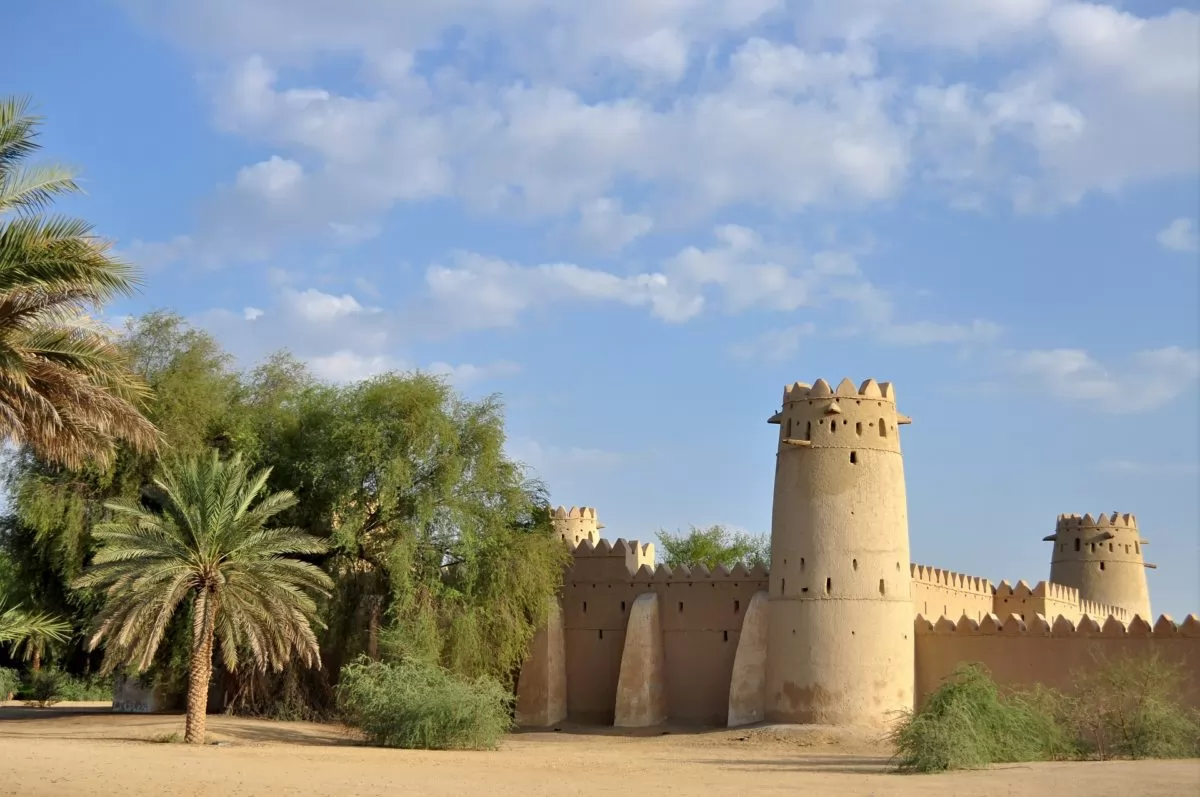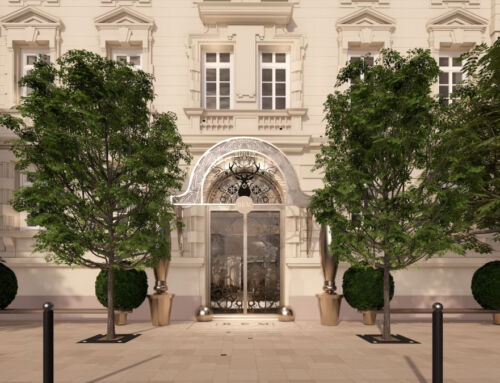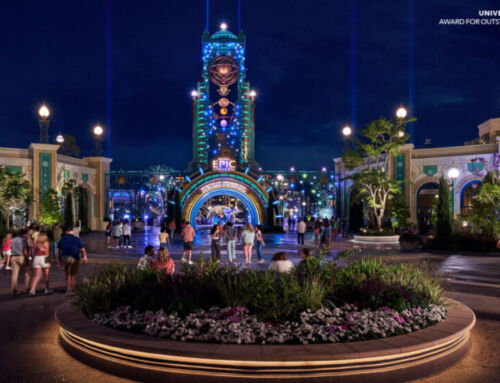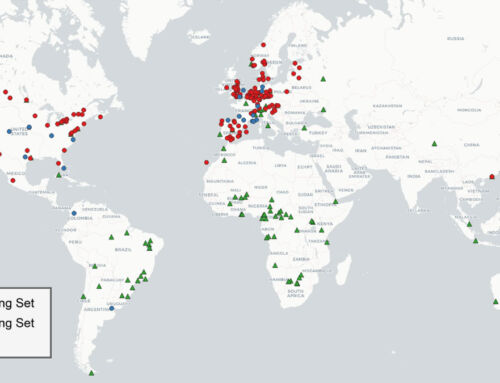The UN World Tourism Organization (UNWTO) has dedicated the year 2020 to “tourism and rural development”, the theme of the World Tourism Day on 27th September. In this sense, the UNWTO Secretary General pointed out that “tourism helps rural communities to preserve their unique natural and cultural heritage, supporting conservation projects, many of which protect endangered species or lost traditions and flavours”. The countries of the Middle East, which in recent years have dedicated great resources to developing tourism in their cities, took the opportunity to express their intention of also dedicating resources to their rural destinations.
The Secretary General of Qatar’s National Tourism Council, Akbar Al Baker, stated that “to meet the needs of a growing segment of experiential tourists, we´re developing fun and adventure tourism assets in rural areas such as Zekreet, Bin Ghannam Island, Al Qetaifan Island, Khor Al Adaid and Dukhan”. Amongst the planned investments, he mentioned the development of communication systems between the points of interest and the city, to make them more accessible to visitors and residents. He said the aim is to take advantage of the FIFA World Cup in 2022 to develop rural communities. He also pointed out the importance of public-private sector collaboration to boost Qatar’s “tourism ecosystem”. This is all part of an overall strategy for sustainable development.
For his part, Mohamed Khalifa Al Mubarak, chairman of the Abu Dhabi Culture and Tourism Department, assured that over the coming year, the emirate will concentrate on developing its rural environment. The planned measures include improving its tourism workforce and fostering the talent that contributes to the sector’s development. At the same time, he said, “we will also devote time to promoting a number of cultural and heritage programmes“. Abu Dhabi’s rural tourism destinations include, for example, the glampings and cabins in the Al Khatim desert, the rural houses in Al Khazna and other towns, and the historic city of Al Ain.
Saudi Arabia, on the other hand, through the initiative of its Commission for Tourism and Antiquities, more than a decade ago began to develop “the national tourism industry associated with the agricultural sector“. This sector consists mainly of rural houses scattered amongst the agricultural fields of Taif, Qassim, Al-Ahsa, Jazan, and also of ecological lodges located in parks, forests and reserves in Asir, Madinah, Najran, amongst others. To this end, the organisation prepared a series of investment portfolios, including technical specifications, feasibility studies, building permit facilities and technical support, for projects in three types of rural and ecological accommodation: desert, coastal and mountain. The ultimate aim of its development programmes is the “benefit of Saudi farmers“, as well as the promotion of the tangible and intangible cultural heritage, which includes the Kingdom’s traditional crafts and cuisine.
Sources: Organización Mundial del Turismo, The Peninsula, Gulf Times, Breaking Travel News, eTurboNews, Glamping Hub, Ministry of Tourism of Saudi Arabia.






